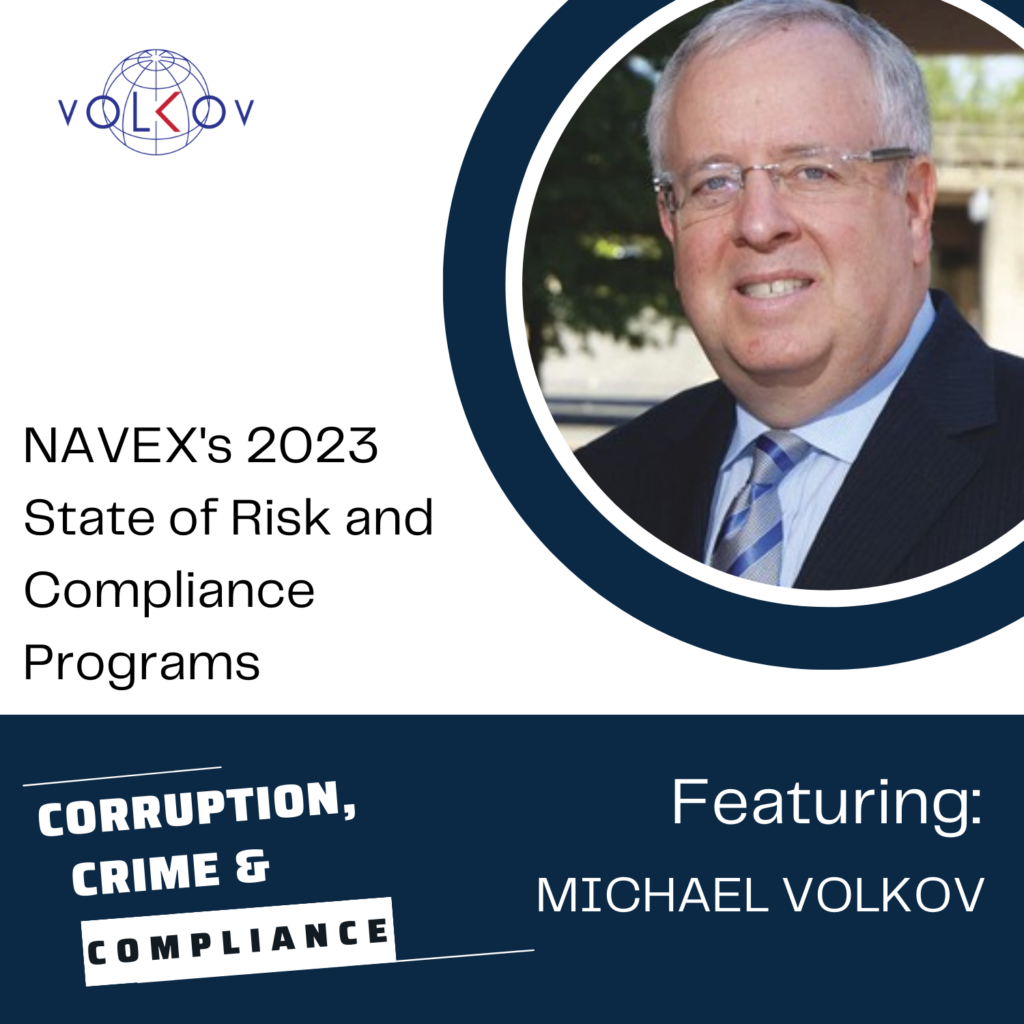As companies across the globe look to expand their workforce, many are turning to a distributed remote work model. This model has become even more popular due to the pandemic, and many companies are now more comfortable with remote work. But with this shift to a distributed workforce comes new challenges, such as how to convey culture and expectations to a worker across the globe.
Tom Fox and Miranda Zolot of Oyster, an EOR company, recently discussed this issue. Tom, an employment lawyer, and Oyster’s first employee, believes that culture is key to worker engagement and worker engagement is key to efficiency and effectiveness. He suggests that companies should be purposeful about creating a culture in a distributed environment, and Oyster has a culture of radical transparency, encouraging employees to ask hard questions publicly of the leadership. Oyster is mission-driven, with people joining the company to be part of the change, and the company works with customers to help them share information internally and add social activities and affinity groups into their work environments.
Oyster is a platform that helps customers hire talent from around the world. Customers go through their normal process for hiring and then log onto the Oyster platform to put the information for the individual in the platform and press Go. Oyster provides a contract for the individual to sign, gets them signed up for benefits, and automates the process in the bulk of countries where they operate. The company also offers HR consulting to help customers understand what they’re looking for and suggest where they might look for that talent. Oyster’s website provides information on labor laws, salary ranges, and leaves required in different countries. In the US, employers have to deal with about 60 to 70 jurisdictions, while in the international arena, things are different with worker’s protections, works councils, guaranteed bonuses, and benefits.
Zolot, an employment lawyer who has worked in law firms and in-house for clients from the hospitality industry, steel manufacturers, potato chip manufacturers, and retail, as noted, is the General Counsel. She and Tom translate complex employment laws into a common language. Oyster’s mission is to bring meaningful work to people in different geographies, and the website offers resources for people looking for remote work and companies looking to hire remotely. Oyster Academy offers remote best practices and helps people present themselves to the market as ready for remote work, and the company also offers a misclassification analyzer, salary information, country guides, and open policies and handbooks. Oyster’s website and LinkedIn page have resources and information about remote work.
Cross-border hiring is becoming more popular due to market forces. Companies are looking for ways to hire workers at a lower cost than in the US or UK, and workers are excited to work for a higher salary than they would make in their local market. With Oyster, companies can navigate country labor laws by providing information on law changes and benefits. This helps companies save money while still finding quality talent.
In conclusion, the current distributed model of remote work is becoming more popular, and companies need to be aware of the challenges that come with it. Tom and Miranda believe that culture is key to worker engagement, and companies should be purposeful about creating a culture in a distributed environment. Oyster offers resources to people looking for remote work and companies looking to hire remotely, and the company helps customers navigate country labor laws by providing information on law changes and benefits. With the help of Oyster, companies can find the right workers for their particular job in a compliant and cost-effective way.
For the compliance professional, the critical element will be conveying your corporate culture to those who may live and work in countries outside your home base of operations. Moreover, you must both write policies and procedures for such employees and then train and monitor their compliance with those said policies and procedures. The distributed workforce is here to stay. Are you ready now for it? If not, how, when, and where will you get ready? The clock is ticking.






